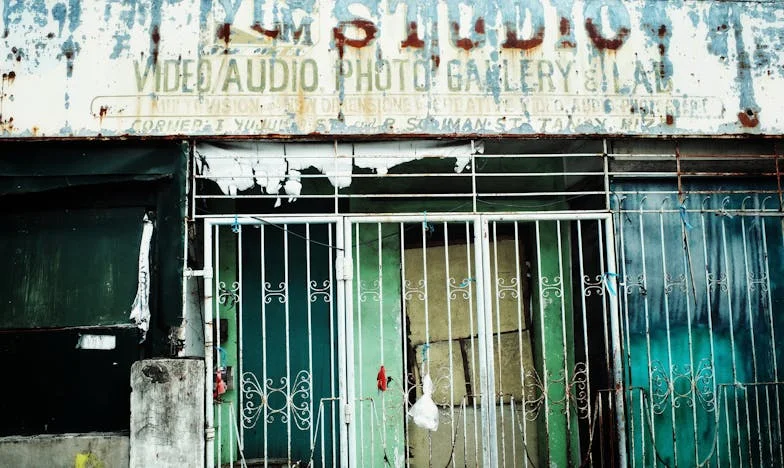Love or Illusion: How Trusting a Younger Man Left Me Broken
“You really think a man like that loves you, Mom?” My daughter’s voice still echoes in my ears, sharp and raw, slicing through the kitchen air like a knife. I stood at the window, clutching my coffee mug so tightly my knuckles turned white, watching rain blur the world outside.
I’m Helen, sixty-two years old, and I never thought I’d be here again—heart pounding over a man, hope fluttering in my ribcage, terrified that maybe, just maybe, I was finally living instead of just existing. I met David on a rainy Tuesday at the community center. He was leading a class on digital photography, laughing easily with people half his age and even younger. When he turned his smile on me, I felt something in my chest wake up, something I thought I’d buried with my late husband a decade ago.
David was forty-five, charming in that boyish way that makes you forget the years. He complimented my sense of humor, laughed at my stories about the seventies, and confessed he’d never met someone who made him feel so alive. For months, I floated on his words, letting myself believe I could be seen—really seen—by someone again.
But my daughter Melissa never trusted him. “He’s using you, Mom,” she’d say, frowning as she scrolled through David’s Instagram, pointing out pictures with other women, captions that felt too familiar. I dismissed her concerns. After all, what did she know about being lonely? About the way silence stretches in a house meant for two? About waking up every morning to an empty side of the bed?
I wanted to believe David. I wanted to believe he loved me, not my pension or my house or the comfort I provided. I told myself that love didn’t care about years or wrinkles or family disapproval. We made plans—he talked about moving in together, maybe traveling to Arizona, starting fresh. He brought me flowers, remembered my birthday, and when he held my hand, I felt young again.
But there were cracks. He borrowed money—just small amounts at first, for a forgotten bill or a car repair. He was always sorry, always grateful, always promising to pay me back next week. When I hesitated, he’d kiss my cheek and whisper, “Don’t you trust me, Helen?” And I did, at least at first.
Melissa grew distant. My son, Mark, stopped coming to Sunday dinners, claiming work was too busy, but I saw the way he looked at David—suspicious, angry, protective. My grandchildren stopped sleeping over, and my friends at church started whispering. I told myself it didn’t matter. I told myself I was happy for the first time in years.
One night, David didn’t come home. He didn’t answer calls, didn’t reply to texts. I sat up until sunrise, worry gnawing at my insides. When he finally did text—two days later—he said he needed space, that he was “overwhelmed.” The next week, I saw a photo of him on Facebook, arm around a woman barely older than my daughter, smiling in the same way he’d smiled at me.
I confronted him, voice trembling. “Was any of it real, David? Did you ever love me?”
He shrugged, eyes cold. “You knew what this was, Helen. I needed help, and you needed company. Let’s not make it more than it was.”
The words landed like a punch. I felt foolish, humiliated, old. I’d let myself believe in a fairytale because I was tired of being alone, and now everyone I loved was gone—pushed away by my stubborn hope.
Melissa came by that night. She found me crying at the kitchen table, surrounded by bills and broken dreams. She knelt beside me, tears in her own eyes. “I just didn’t want to see you hurt, Mom. I missed you.”
We talked for hours—about Dad, about growing older, about how hard it is to trust when the world tells you that you’re past your prime. She told me I was still beautiful, still worthy of love, but that I needed to love myself first. It hurt to hear, but she was right.
The days after were hard. I returned David’s things, changed my locks, cried until I couldn’t anymore. I went back to church, apologized to friends, begged my son for forgiveness. Rebuilding trust was harder than falling in love, but day by day, I tried.
I still see David sometimes, in the grocery store or walking downtown. He never meets my eyes. I wonder if he ever feels guilty, if he ever thinks of me at all. But I’ve learned that healing isn’t about waiting for an apology—it’s about forgiving yourself for believing in the wrong person and promising to never lose yourself again.
Now, when I look in the mirror, I see a woman who survived. I see every line and wrinkle as proof that I lived, that I loved, that I dared to hope. And I wonder—how many of us have been fooled by the promise of love? How many of us are still waiting for someone to prove we’re worth it?
Would you have trusted him, too? Or does hope really blind us, no matter how old we are?
